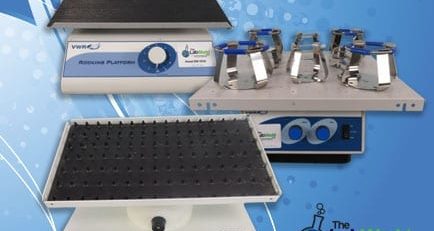CRISPR Breakthrough Cures Muscular Dystrophy in Dogs
For the first time ever, scientists have used CRISPR gene editing to cure dogs of Duchenne muscular dystrophy (DMD). One of nine types of muscular dystrophy, DMD is a genetic disorder characterized by progressive muscle degeneration and weakness due to an absence of dystrophin, a protein responsible for keeping muscles intact according to the Muscular Dystrophy Association. Researchers from the University of Texas Southwestern Medical Center were able to restore dystrophin production in the muscle and heart tissue of the dogs up to 92% of normal levels and up to 58% in the diaphragm by using a single-cut gene-editing technique to remove the offending gene.
This study, published in Science, establishes a proof-of-concept and represents a major step toward a clinical trial, according to a statement from UT Southwestern. “Our strategy is different from other therapeutic approaches for DMD because it edits the mutation that causes the disease and restores normal expression of the repaired dystrophin,” lead study author Dr. Leonela Amoasii said. “But we have more to do before we can use this clinically.” Longer-term studies will be conducted to measure whether or not the dystrophin levels will remain stable and make sure the gene editing doesn’t cause any adverse side effects.














